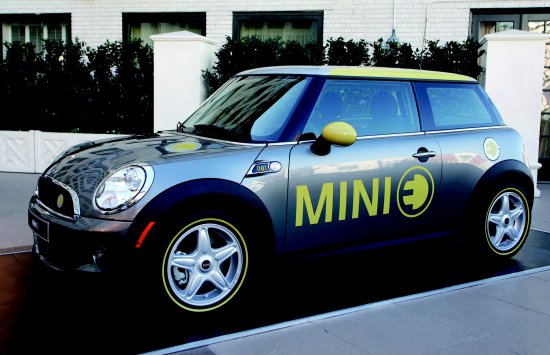
MINI E
Being a pioneer isn't easy. Just ask BMW North America CEO, Jim O'Donnell. As the German automaker continues to test 450 electric Minis (aptly called Mini Es) in New York, New Jersey and L.A., creating the charging network has proven challenging.
"We are learning a heck of a lot just about the sheer infrastructure," O'Donnell, told Autoweek. "When we bring out another electric car, we will be in a great position because we know all the wrinkles."
Mini had planned to install 30 fast-charge boxes in New Jersey, but regulatory issues have bogged the program down. Installation of the 240-volt charger requires not only an agreement with the local power company, but an approval from municipal inspectors to ensure code compliance. Each box must be UL approved and costs between $1,500 and $1,800.
The advantages of the fast-charge boxes are significant. Whereas a Mini E takes 21 hours to charge from a conventional 110-volt source, the fast-charge boxes do the work in just 3 hours. Nevertheless, with new technologies come new obstacles. O'Donnell says New Jersey's approval process has been especially difficult, because while each of the charging system components are certified, the system as a whole is not.
One BMW spokesman put the issue in perspective. "We are dealing with only three metropolitan areas of the United States," he said. "Think about when you start to build the national network and all those local codes."
Indeed.
Source: Autoweek











